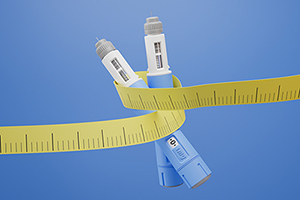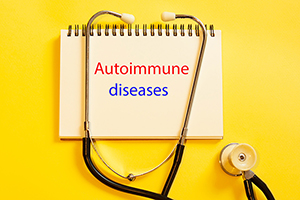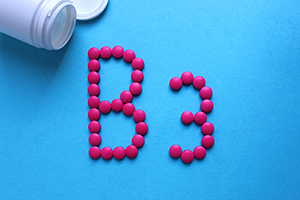



| By Dr. David Perlmutter
You’ve heard of the term probiotics, and likely prebiotics as well, but now we are hearing about “psychobiotics.” These have been defined as:
living organisms that, when ingested in adequate amounts, produces a health benefit in patients suffering from psychiatric illness.
That’s a pretty impressive new term, and claim for that matter. But the reason that scientists have developed this terminology is because new research clearly demonstrates that certain probiotic organisms have a dramatic effect on regulating mood.
In recent double-blind, placebo-controlled, randomized trials, it has been demonstrated that people taking a combination of two fairly common probiotic bacteria, including lactobacillus helveticus and bifidobacterium longum, had a dramatic reduction in their level of psychological stress as compared to people given a placebo. In addition, researchers demonstrated that the level of cortisol, the so-called “stress hormone”, was much lower in those receiving these probiotics as opposed to those who received placebo.
We know that certain probiotic bacteria have an effect on the level of various neurotransmitters that can affect mood, like serotonin and dopamine. In addition, inflammation is a cornerstone of depression and current research clearly identifies the stability of the bowel lining as a regulator of inflammation, throughout the body. This stability is regulated to a significant degree by the level of good bacteria living within the intestines.
These are just two proposed mechanisms whereby specific probiotic bacteria can affect mood.
That said, well beyond just the idea of intervening with probiotic supplements as an attempt to help with mood, an important take-home message from this research should be that we should do everything we can to preserve and protect our gut a bacteria today by reassessing our food and medication choices, as well as various other lifestyle factors like sleep, stress, and exercise. It makes sense that if we compromise the levels of these and other probiotic bacterial species within us, it may well pave the way for debilitating mood disorders.
This article originally appeared on Dr. Perlmutter’s website.
Though we think of declining estrogen as the hallmark of menopause, it's actually common for…

Up to 12 percent of Americans have ulcers at some point in life. Peptic ulcers…
Gallbladder disease is a modern illness. An estimated 20 million Americans have gallbladder disease. The…

New, more powerful weight loss drugs: Drugs like Wegovy, Rybelsus, Ozempic and Mounjaro/Zepbound are revolutionizing…

According to the Lancet, autoimmune disease affects one in ten people globally and it’s now…

This past week we were regaled with headlines like: High levels of niacin may increase…

Leyla Weighs In: The Erosion of Trust in Nutritional Research

Our virtual voicemail is open 24/7, so there's no need to wait to submit your questions for Dr. Hoffman. Leave a message, and you may hear your question featured on the Intelligent Medicine radio program!